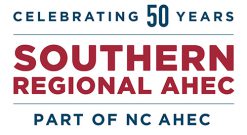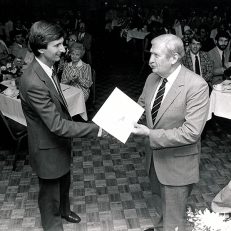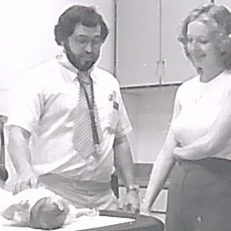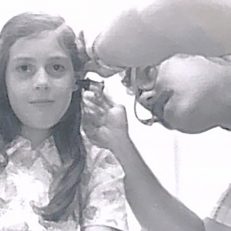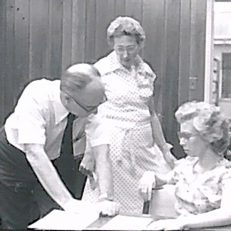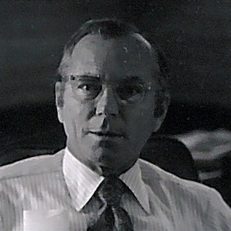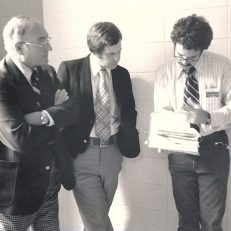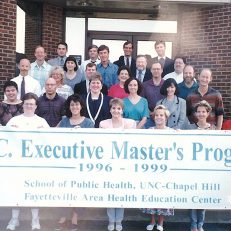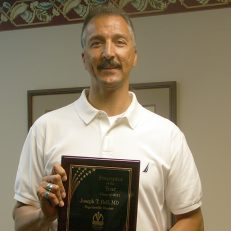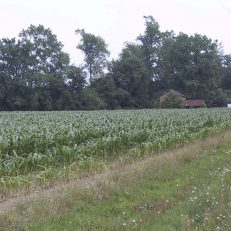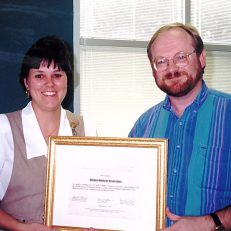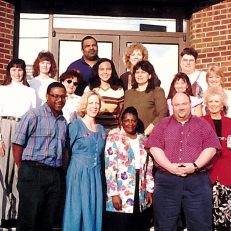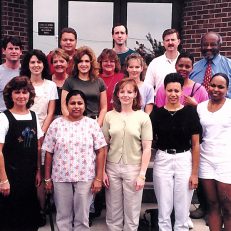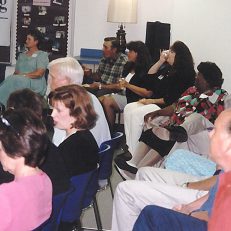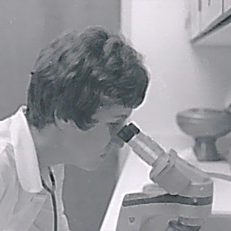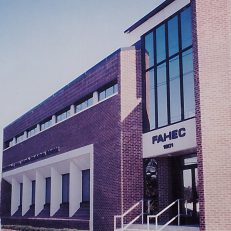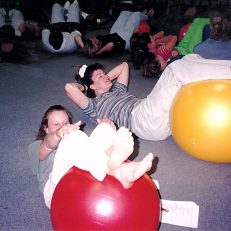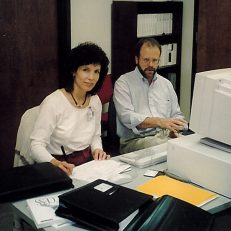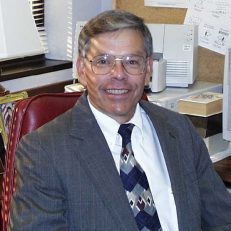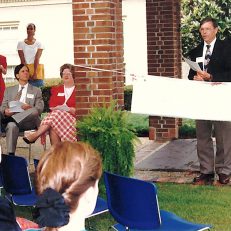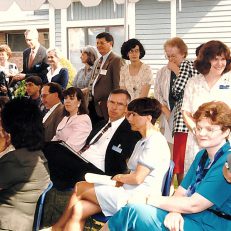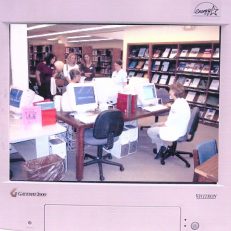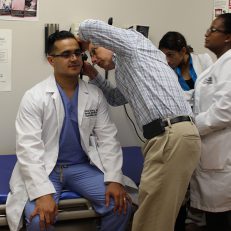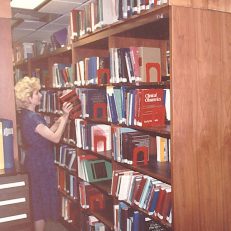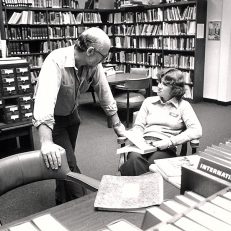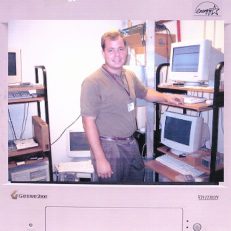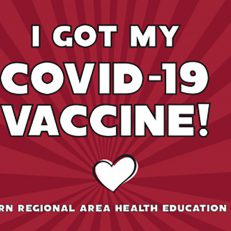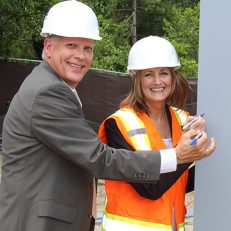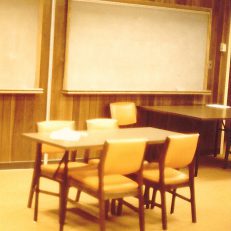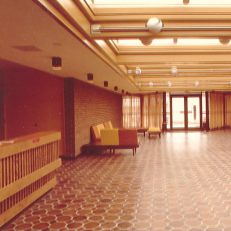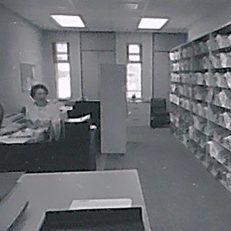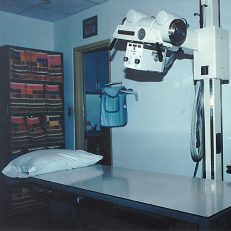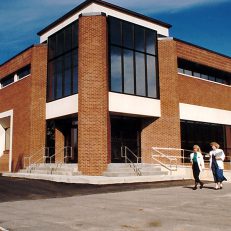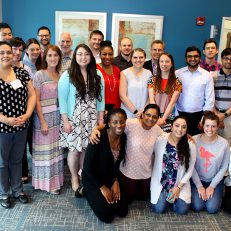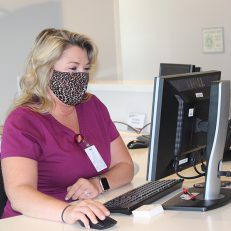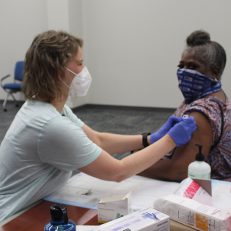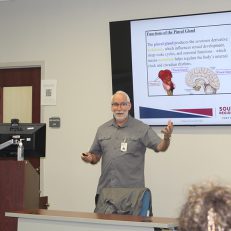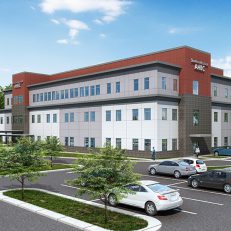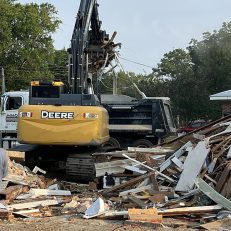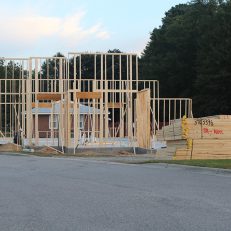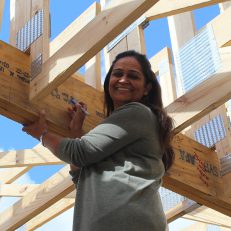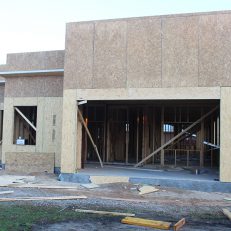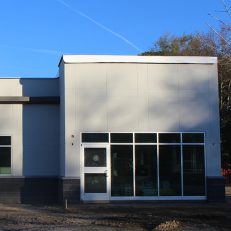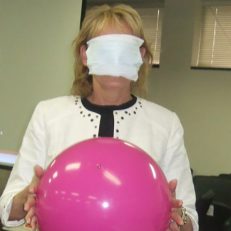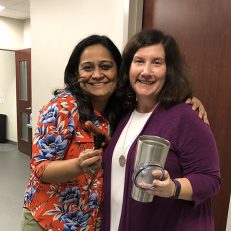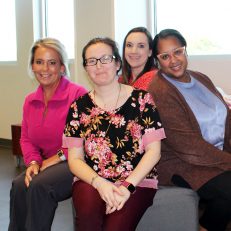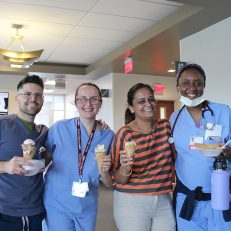CELEBRATING 50 YEARS OF HEALTH AND HEALING!
Health care and health care education have changed over the years and so have we. Join us as we look back and celebrate the people and places that helped build Southern Regional Area Health Education Center into the health care training and education powerhouse that we are today. From bell bottoms to big hair to 10-ton computer desktops, we hope you enjoy this trip through our archives.
TAKE A LITTLE TRIP WITH US THROUGH TIME...
1970's
The Early Days of Fayetteville’s First Family Medicine Residency
“We were an academic wasteland,” recalled FAHEC director Harold Godwin on why the need for an AHEC was dire in the mid 1970s. There were not enough doctors to serve the population and there was no effort being made to attract them. An appeal to the NC AHEC to bring an AHEC to Fayetteville was approved. The combination of the family medicine residency program and its affiliation with Duke University Medical Center made it a formidable partnership to grow health care access in south central North Carolina.
1980's
Growing the Health Care Workforce Through Education and
Collaboration
In the 1980’s, health care continuing education programs and local opportunities for practicing professionals to earn advanced degrees were recognized as an opportunity to grow a knowledgeable health care workforce. FAHEC was the first AHEC to offer an RN to BSN program through its affiliation with universities in North Carolina. Robust partnerships brought education and collaboration to rural areas of our region, demonstrating the need for FAHEC services that improved quality of care and access to care.
1990's
Integration of Technology, Education and Health Care
The 1990s saw a growth in the need for health care professionals to embrace technology and the opportunities to improve the way health care is delivered to patients and health care education is offered to professionals. Dr. Gerald Strand, who become President/CEO upon the retirement of Dr. Godwin in the late 1980’s, implemented a comprehensive strategy to build a technology infrastructure that would ensure Southern Regional AHEC’s viability into the future. Our medical library merged with our computer classroom to become the Information Access Center. Oh yeah, we also changed our name from FAHEC (Fayetteville AHEC) to Southern Regional AHEC (SR-AHEC) reflecting the south central North Carolina region served.
2000's
Expanding our Capacity to Learn and Grow
The need for a new building was evident when Deborah Teasley become CEO and President in 2001. In addition to her leadership role, she focused on securing funding for a new building. We moved in the new building in June 2017 where all services were, for the first time, available under one roof. Behavioral health services expanded, and continuing education programs were delivered both in-person and virtual formats, for the convenience of health care professionals.
In late 2019, COVID-19 enforced both our patient and education services to adjust to telehealth doctor visits and providing health care education through virtual online programming. We were fast, fluid, and flexible in our ability to make these changes. This nimble ability to adjust helped the organization continue providing access to quality health care and health care education in challenging times.
Building for the Future
A tribute to our success is the continuing growth of our patient base and education programs. A new clinical building opens in 2024, reflecting our impact in the region as a primary resource for health care and health care education access. Dr. Sushma Kapoor has been leading the way since Dr. Teasley’s retirement in 2018 and continues to keep us at the forefront of today’s health care needs.
50 Years of Health and Healing
We have thrived on the foundation created in 1974 that was built upon collaboration, knowledge, trust, and integrity. We are honored to continue to build upon that foundation for the next phase of health care education and services to our region, around the state and across the nation.
